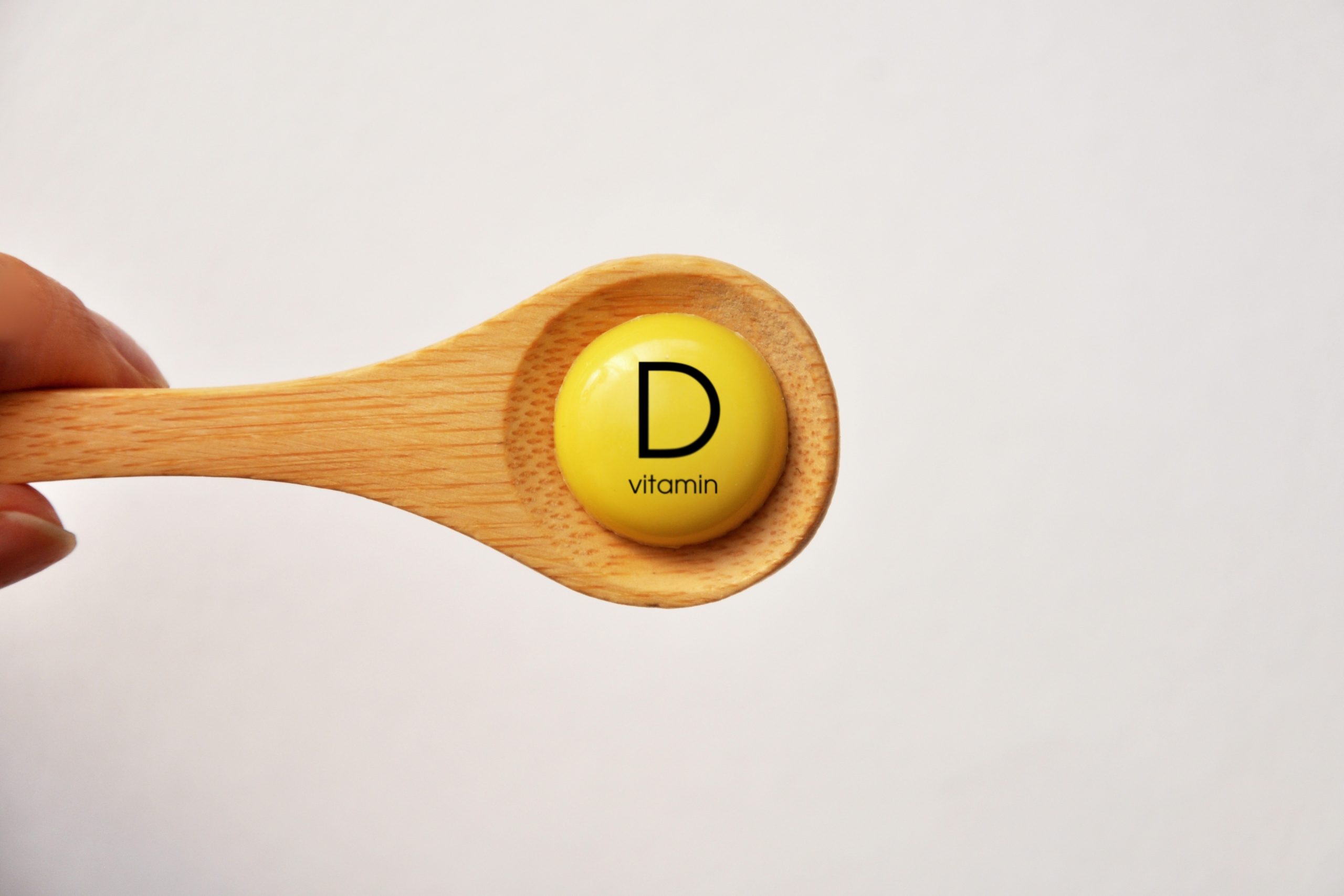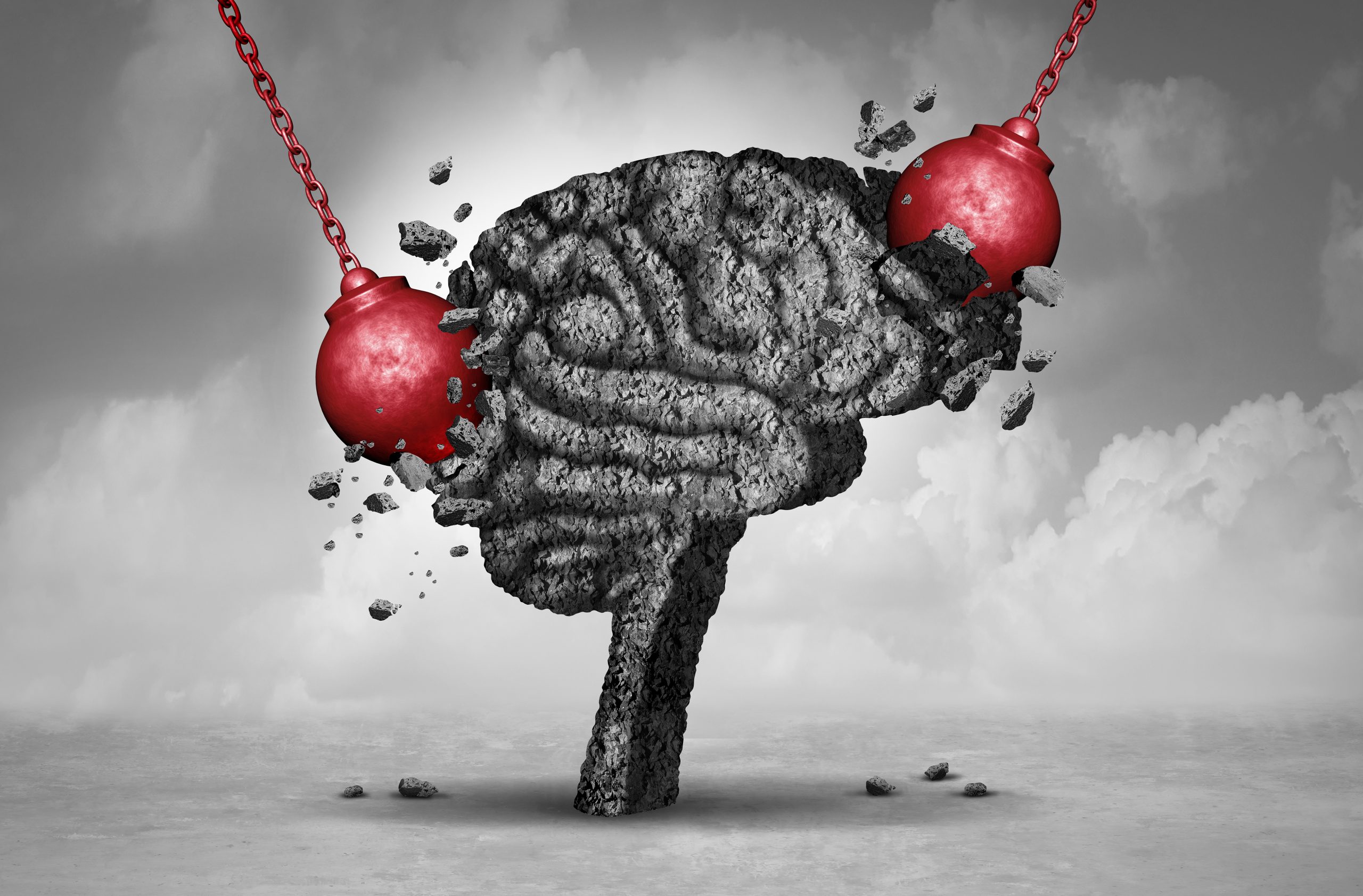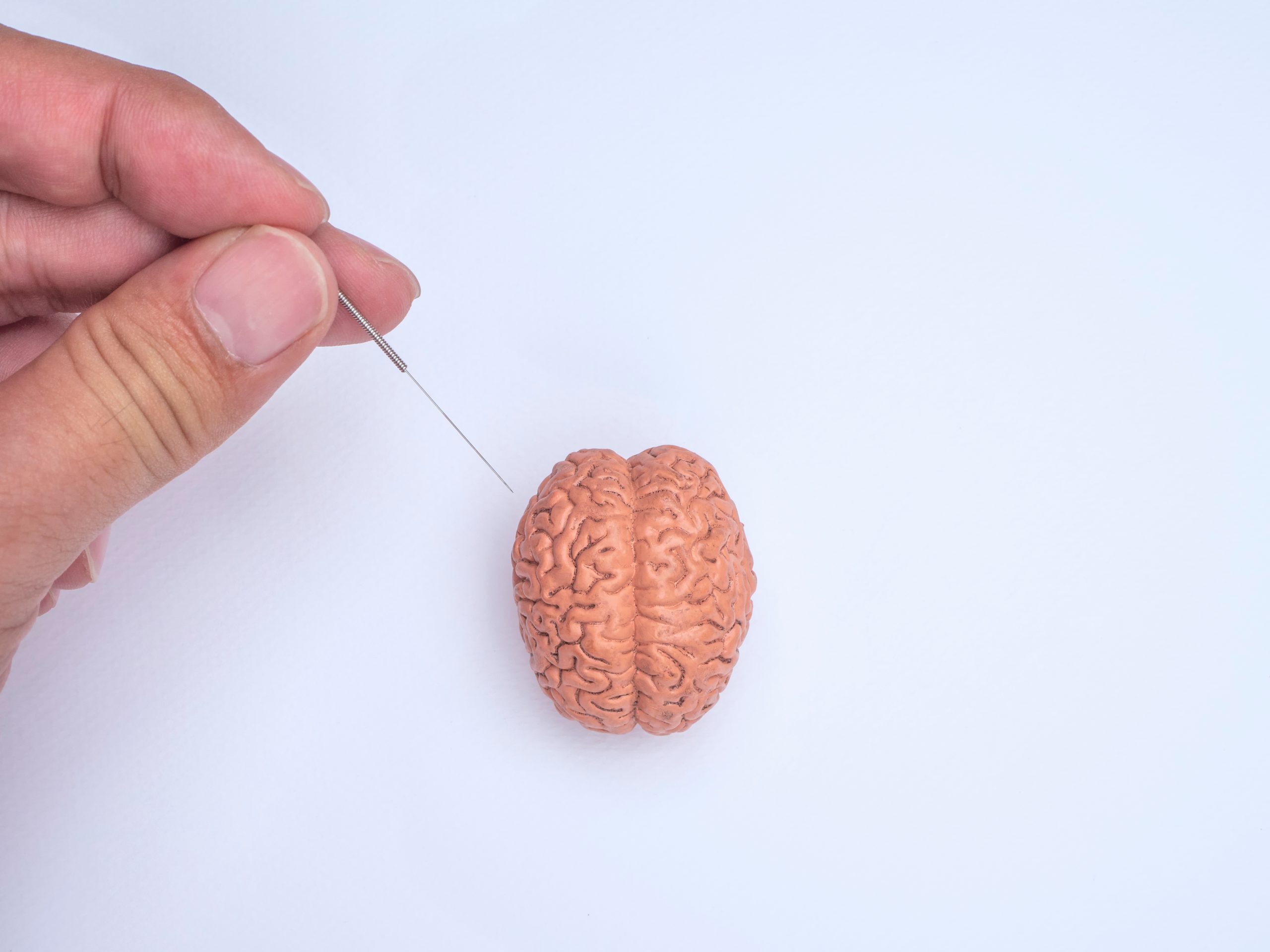Vitamin D is an essential nutrient that plays a key role in many bodily functions, including bone health, immune function, and muscle strength. Recent research has also found that vitamin D may play a role in brain health. In this article, we’ll explore the role of vitamin D in promoting brain health.
What is Vitamin D?
Vitamin D is a fat-soluble vitamin that is essential for human health. It’s sometimes referred to as the “sunshine vitamin” because the body can produce vitamin D when the skin is exposed to sunlight.
Vitamin D is important for many bodily functions, including the absorption of calcium and phosphorus, which are essential for bone health. Vitamin D also plays a role in immune function and muscle strength.
The Role of Vitamin D in Brain Health
Recent research has found that vitamin D may play a role in brain health. Studies have found that low levels of vitamin D are associated with an increased risk of cognitive decline and dementia in older adults.
A study published in the Journal of the American Medical Association found that older adults with low levels of vitamin D were more likely to experience cognitive decline over a six-year period than those with higher levels of vitamin D.
In addition, a study published in the Journal of Alzheimer’s Disease found that higher levels of vitamin D were associated with better cognitive function in older adults.
How Does Vitamin D Promote Brain Health?
The exact mechanisms by which vitamin D promotes brain health are not fully understood. However, it’s thought that vitamin D may play a role in several processes that are important for brain health, including:
Neuroprotection: Vitamin D may help protect the brain from damage caused by inflammation and oxidative stress.
Neuroplasticity: Vitamin D may help promote the growth and development of new brain cells, which is important for learning and memory.
Regulation of neurotransmitters: Vitamin D may help regulate the levels of neurotransmitters in the brain, which are important for mood and cognitive function.
How to Get Enough Vitamin D
The body can produce vitamin D when the skin is exposed to sunlight. However, many people do not get enough vitamin D from sunlight alone, especially during the winter months when the days are shorter and the sun is weaker.
Foods that are rich in vitamin D include fatty fish such as salmon and tuna, egg yolks, and fortified foods such as milk and cereal.
If you’re not getting enough vitamin D from sunlight and diet alone, you may want to consider taking a supplement. The recommended daily intake of vitamin D varies depending on age and gender, but most adults need at least 600-800 IU per day.
Precautions
While vitamin D is generally considered safe, it’s possible to get too much vitamin D, which can cause nausea, vomiting, and other symptoms. It’s important to talk to your doctor before taking a vitamin D supplement, especially if you have a medical condition or are taking medication.
In conclusion, vitamin D is an essential nutrient that plays a key role in many bodily functions, including brain health. Recent research has found that low levels of vitamin D are associated with an increased risk of cognitive decline and dementia in older adults. To promote brain health, it’s important to get enough vitamin D from sunlight, diet, and supplements if necessary. If you’re concerned about your vitamin D levels, talk to your doctor to determine the best course of action for you.












